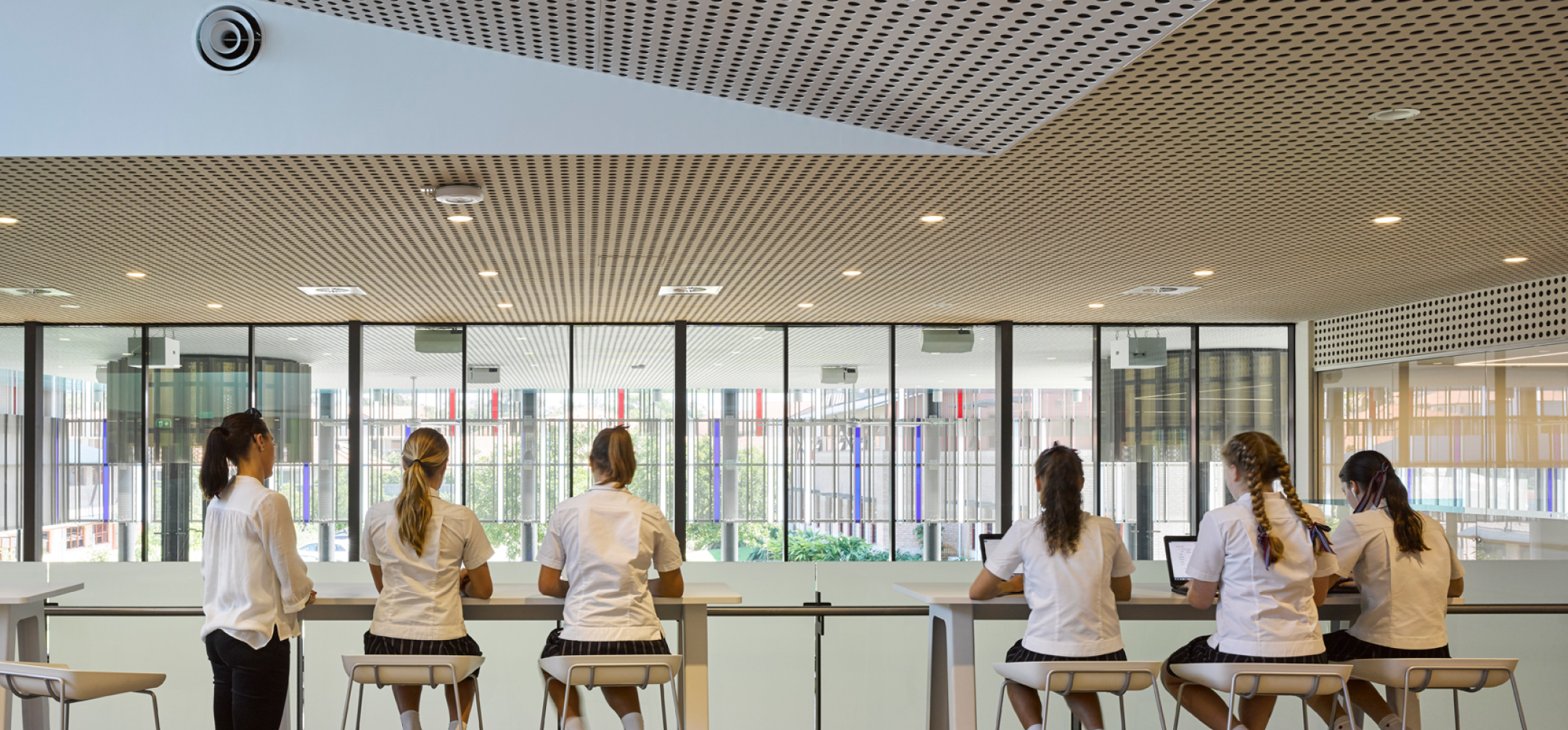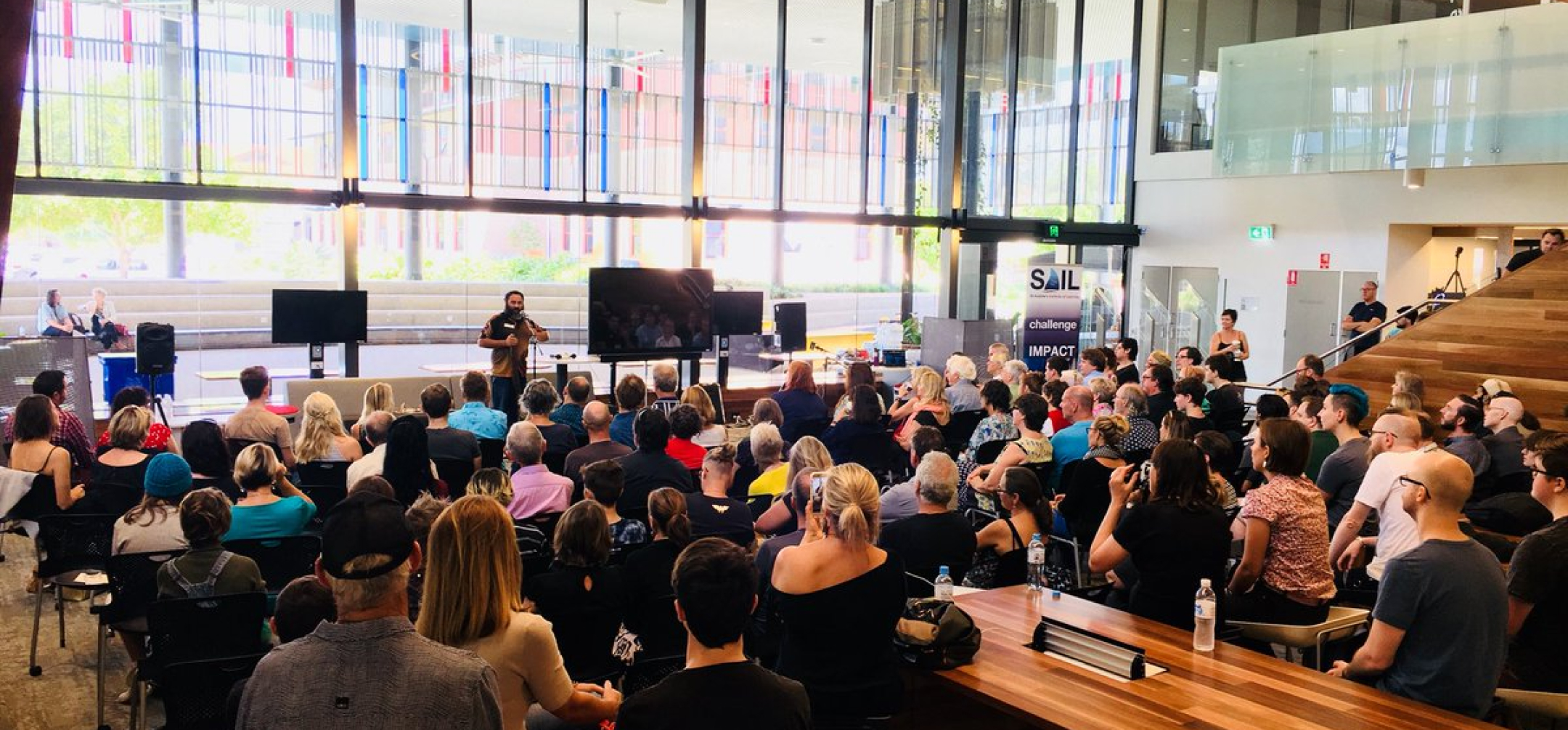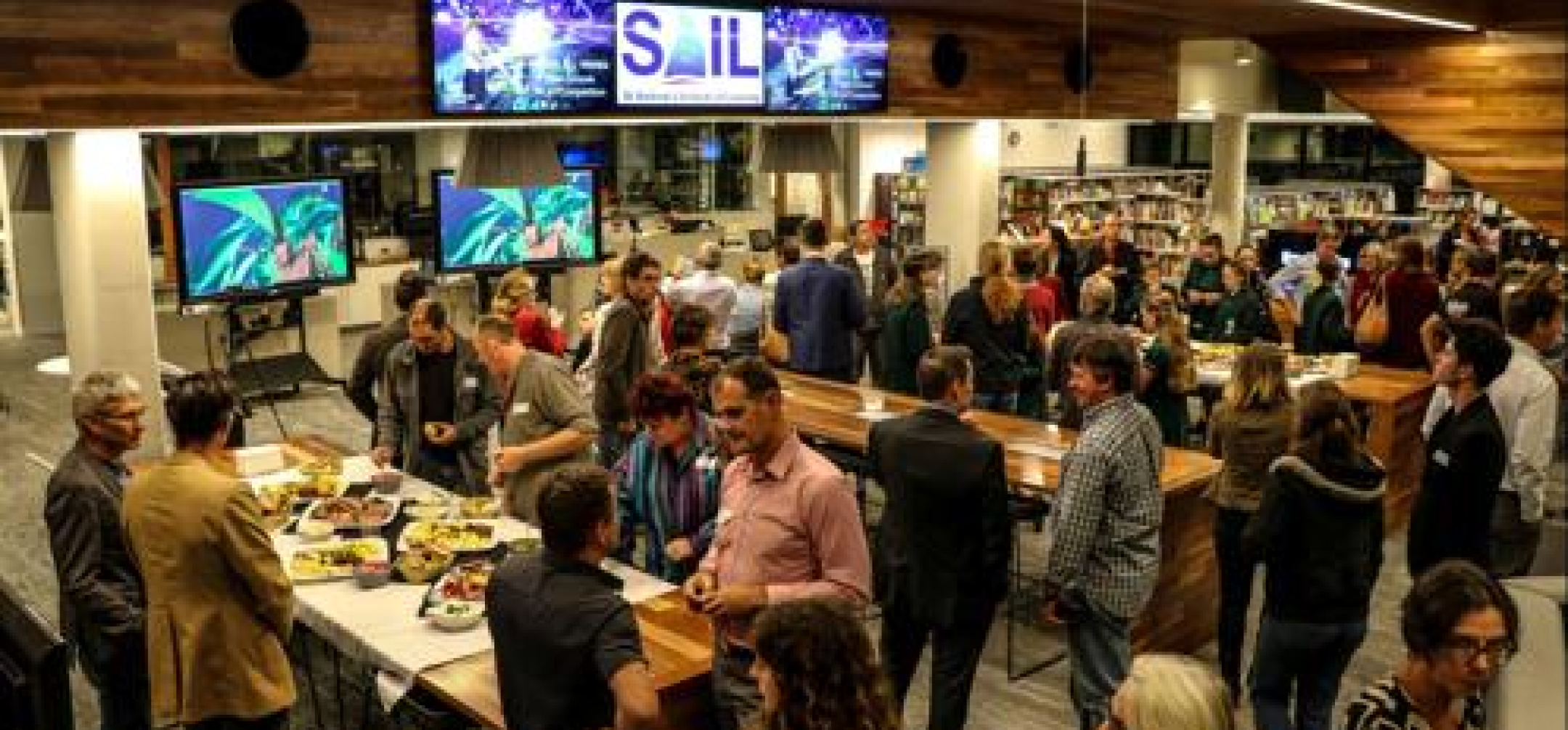
Informing practice and decision making
At SAIL, we believe in the power of research.
We encourage staff and members of the community to undertake research in many different forms. Whether it is an ‘action research’ project, gathering research information on a particular focus area, or collaboration with a University, research should inform the decisions we make in the classroom.
At SAIL, research is collaborative and it often involves teams of teachers or faculties, working as partners on the larger initiatives across the College. It is here that we aim to connect our work with the Learning Framework and other emerging learning models so that we are constantly informing aspects of our practice.
Our staff are currently engaged in a range of research projects as part of school-based initiatives or their further post-graduate study. SAIL staff will be regularly presenting their work locally, nationally and internationally at various educational conferences. This is an important aspect of the ongoing professional learning of staff that exists across the College.
Training can be in the form of seminars, mentoring, workshops or further study through Tertiary institutions. SAIL will run numerous seminars throughout the year that are open to St Andrew’s staff and external guests. Topics will be varied but all will aim to train and equip attendees with skills and knowledge that will allow them to go back to their sphere of influence and make a difference.
A recent research article that was published in the Australian Council for Educational Research Magazine.
Types of Research:
- Action Research
- Longitudinal Studies
- CQ Assessment
- Applied Research
Cultural Intelligence (CQ) Research
At SAIL, we believe CQ is an essential skill for the future.

SAIL has been at the forefront of incorporating cultural intelligence (CQ) research into its core programs.
Cultural Intelligence is the ability to work and relate in culturally diverse environments. Recognising the importance of preparing students to thrive in a globalized world, SAIL translates CQ research into curriculum and co-curricular activities. With accredited CQ facilitators through the Cultural Intelligence Centre, SAIL's commitment to CQ research underscores the importance of intercultural competency as an essential skill in the 21st century, shaping students into empathetic leaders and proactive global citizens.
More than 1,000 journal articles by scholars and research teams from all over the world have shown the validity of the CQ Assessment and how it predicts work performance, leadership effectiveness, creativity, and a host of other skills. We believe CQ must be a part of students' education to truly prepare them for future success.
Action Research Projects
SAIL undertakes action research projects to assist our desire for continuous improvement and evidence-based decision-making.
By engaging in action research, educators become researchers in their own right, investigating the impact of their teaching methods, curricula, and school policies on student learning and development. This iterative process of reflection, implementation, and evaluation enables teachers to adapt and refine their strategies to meet the diverse needs of their students more effectively.
Action research helps to build a collaborative community of practice among educators, fostering a culture of openness and shared professional development. It also offers valuable insights into contextual practices or actions that can be replicated or adapted in different educational contexts. In essence, action research empowers educators to take charge of their professional growth while simultaneously contributing to the broader educational landscape.

Sharing Action Research Projects at Independent Schools Queensland gathering.
Research Invested Schools
SAIL is a key part of Research Invested Schools (RIS). RIS is a growing consortium of schools that have invested into a research institute, a research lead or both. In an era where knowledge is incessantly at the forefront, the role of an educator becomes increasingly intricate.
The demand for evidence-based teaching methods to enhance educational practices and tackle multifaceted problems has grown, emphasising the necessity for schools and educational systems to foster cultures that embrace research, collaboration, and innovation. The Head of SAIL, Mr Tim Barrett, is on the RIS steering committee and 2023 saw SAIL joint host the annual RIS conference with representatives from:
RIS who joined us at SAIL
- Brisbane Grammar School
- Caloundra City Private School
- Toowoomba Anglican School
- Abbotsleigh College
- Bishop Druitt College
- William Clarke College
- St Catherine's School
- Pymble Ladies' College
- Brisbane Boys' College
- Townsville Grammar School
- Ivanhoe Grammar School
- Trinity Grammar School
- The University of Newcastle
- Catholic Education Office
- Australian Catholic University
- St. Andrew's Cathedral School
- South Coast Baptist College
- Barker College
- Anglican Church Grammar School
- The King's School
- The Scots College
- Matthew Flinders Anglican
- Sunshine Coast Grammar
- Southern Cross University

2023 RIS Annual Conference at SAIL
World Education Summit (online)
Our action research project supported the notion that personal capabilities and learner agency were crucial to student success post Covid 19.”















